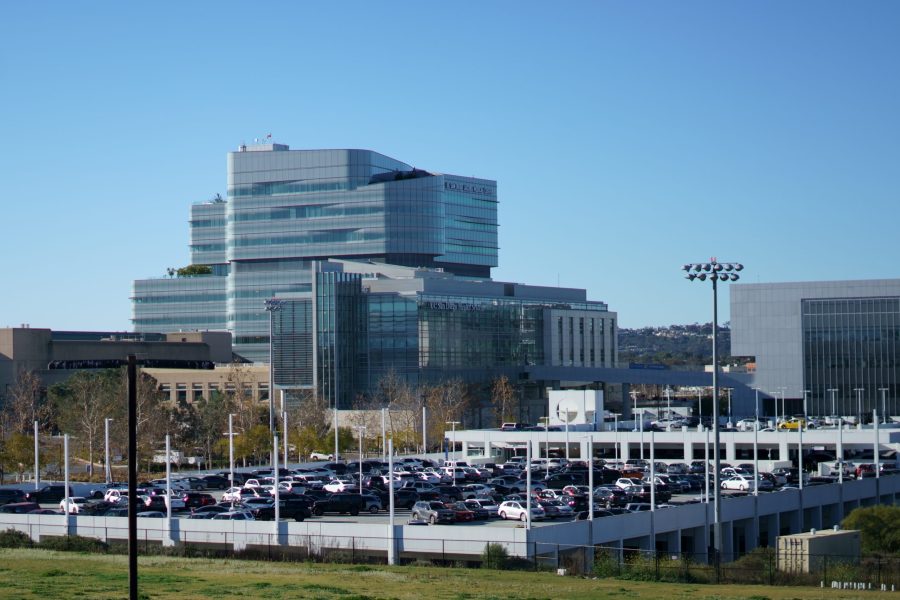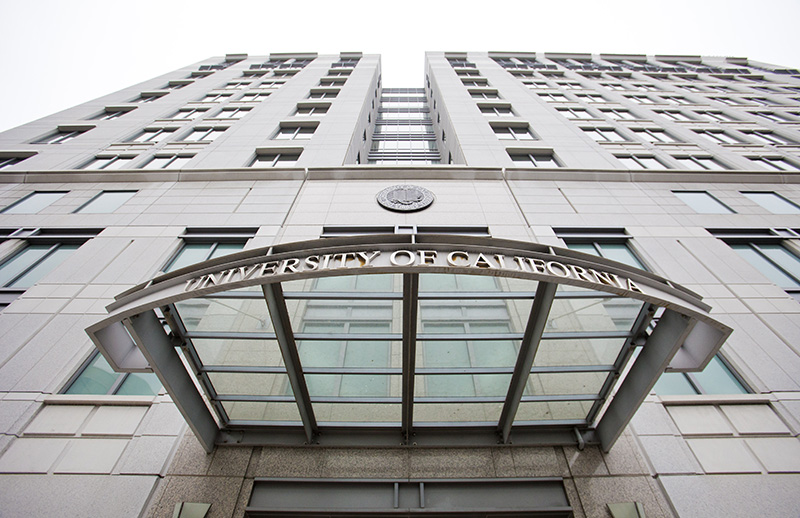The California State Assembly stalled action on a bill that would have guaranteed medical coverage to every state resident via a single payer health care system a few days before the deadline on Jan. 31. In light of this, public health experts expect that national debate on health care reform could lead to the development of similar bills that close the gap between Californians without insurance.
Assembly Bill 1400 (AB 1400), also known as the California Guaranteed Health Care for All Act, would have created a publicly financed health care system called CalCare. The system would be run by nine voting members appointed by the Secretary of California Health and Human Services that are well established in state health care and the medical field.
California State Assemblyman (D-San Jose) Ash Kalra decided to revoke the bill’s floor vote after he predicted it was “double-digits” below the 41 vote threshold necessary for it to pass. Kalra declined several requests to elaborate upon his decision and whether or not he would seek another path forward for his proposal.
“Despite heavy opposition and substantial misinformation from those that stand to profit from our current healthcare system, we were able to ignite a realistic and achievable path toward single payer and bring AB 1400 to the floor of the Assembly,” Kalra said in a statement reported by the Los Angeles Times. “However, it became clear that we did not have the votes necessary for passage and I decided the best course of action is to not put AB 1400 for a vote today.”
The bill’s passing would have set California on the path to establish the first single payer health care system in the United States. Unlike universal health care, health coverage claims under single payer systems are covered by a single entity — under AB 1400, they would have been covered by the California State Government.
CalCare would have provided a wide range of benefits that merge current federal and state provisions into one program, including but not limited to the federal Children’s Health Insurance Program, Medi-Cal. Under current circumstances, an estimated 2.5 million California residents don’t have coverage due to high costs of insurance. All residents in California are entitled to the benefits of CalCare, regardless of any pre-existing conditions or their current immigration status.
While single payer systems are often financed through income tax receipts, most countries have utilized a mixed model where the government pays some of the nation’s claims. Only Canada, South Korea, and Taiwan have true single payer systems, while other countries like Germany, Spain, and other European countries have a mixed system of public and private financing.
The bill was struck down in the State Assembly primarily on the basis of higher taxes. The Tax Foundation, an independent tax policy nonprofit, found that AB 1400 taxes would increase taxes by $12,250 statewide, nearly doubling California’s tax collections. The taxes imposed would also have required voter approval.
Although there is no direct study of the tax impact of single payer on Americans, the Fraser Institute in Canada performs an annual estimate of the cost of its single payer system. The reported cost of public financing widely ranges from $3,789 for a single individual up to $12,055 for a two parent household with one dependent. A family of four pays, on average, $11,735 in taxes for health care in Canada.
The bill also became a hot-button issue among powerful interests and partisan circles. The California Chamber of Commerce labeled AB 1400 a “job killer” shortly after it was introduced earlier last month, signaling it would be a top priority to defeat. The lobbying campaign was led by dozens of insurers, industry groups, and associations representing doctors actively denouncing the “crippling tax increases” necessary to finance the system.
Some medical groups such as the California Nurses Association supported the bill and condemned the motives of representatives who voted against it.
“Assembly Member Ash Kalra, the main author of the bill, chose not to hold a vote on this bill at all, providing cover for those who would have been forced to go on the record about where they stand,” the union wrote in a statement reported by the Sacramento Bee. “Nurses condemn this failure by elected representatives to put patients above profits.”
Republicans like Assembly Republican Leader Marie Waldron of Escondido constructed AB 1400 to become a major issue for the midterm elections this year. Embodying an anti-tax-hike message, Assembly Republicans brought a 4,000-page petition signed by voters who opposed AB 1400 to the chamber for the Assembly Republican Leader to use as a prop during the floor debate.
“Even though this plan is dead for now, every Democrat who supported it will have to answer for their effort to end Medicare, kick 20 million Californians off their existing plans, require the largest tax increase in state history and put bureaucrats in charge of health care,” Waldron said in a statement. “Thank you to the 4,900 hardworking Californians who signed our petition to stop this bill. Your voices were heard and made a difference.”
Researchers from UC San Francisco, UCLA, and UC Berkeley examined 22 economic analyses by various organizations evaluating national and state-level single payer plans, including proposals in California, Maryland, Vermont, Minnesota, Pennsylvania, New York, and Oregon. The researchers ultimately found that 19 of the 22 models predicted net savings after single payer plans were enacted, averaging 3.5 percent of total healthcare spending annually.
“Even though they start with different single designs and modeling assumptions, the vast majority of these studies all come to the same conclusion,” said James G. Kahn M.D., MPH, a professor in the UCSF department of epidemiology and biostatistics, and a member of the Philip R. Lee Health Policy Institute. “This suggests that fears that a single-payer system would increase costs are likely misplaced.”
Although Kalra is uncertain of the future of AB 1400, Californian Governor Gavin Newsom is committed to implementing a single payer healthcare system and is waiting on a report by California’s Health California for All Commission detailing different health care models the state could pursue in the future.
“The facts are on our side that a single-payer system will save money and lives — and the people are on our side that meaningful healthcare reform is urgently needed,” Kalra reassured. “Especially with four democratic vacancies in the Assembly, the votes were not there today, but we will not give up.”
Photo courtesy of Alexander Olsen for The UCSD Guardian.














Anna • Apr 22, 2022 at 2:34 pm
Some medical groups such as the California Nurses Association supported the bill and condemned the motives of representatives who voted against it.gavekort
Emma • Apr 22, 2022 at 10:27 am
It comes at the costs of higher taxes, California taxpayers will have to foot the bills.
dentalsave.com
Maha • Apr 18, 2022 at 2:33 pm
Despite heavy opposition and substantial misinformation from those that stand to profit from our current healthcare system, we were able to ignite a realistic and achievable path toward single payer and bring AB 1400 to the floor of the Assembly musik merchandise
Microphone • Apr 18, 2022 at 3:32 am
Thank God. It would have turned everyone’s health care into like going to the DMV. It will be a real nightmare if they ever implemented it.
Charly Rich • Feb 24, 2022 at 6:35 am
I was shocked to find that I now need immediate medical treatment as a health-conscious person. My health declined as a consequence of my inactivity, and I became lethargic and prone to headaches and migraines. I was transferred to a foreign country for treatment because local physicians were unable to diagnose my problem. This kind of service may be found at https://bookinghealth.com/blog/diagnoses-and-treatment/diagnosis-and-treatment/586947-new-effective-treatments-for-stage-iv-cancer-oncology.html , for example. Finding and renting a high-quality facility in Germany was the result of their assistance.
Lisa • Feb 18, 2022 at 4:13 am
It comes at the costs of higher taxes, California taxpayers will have to foot the bills.
Organic Food Supplements
Mary Ruiz • Feb 8, 2022 at 6:46 am
Well written!
RONALD • Feb 7, 2022 at 9:15 pm
Thanks for bringing me current up to date. Good info!